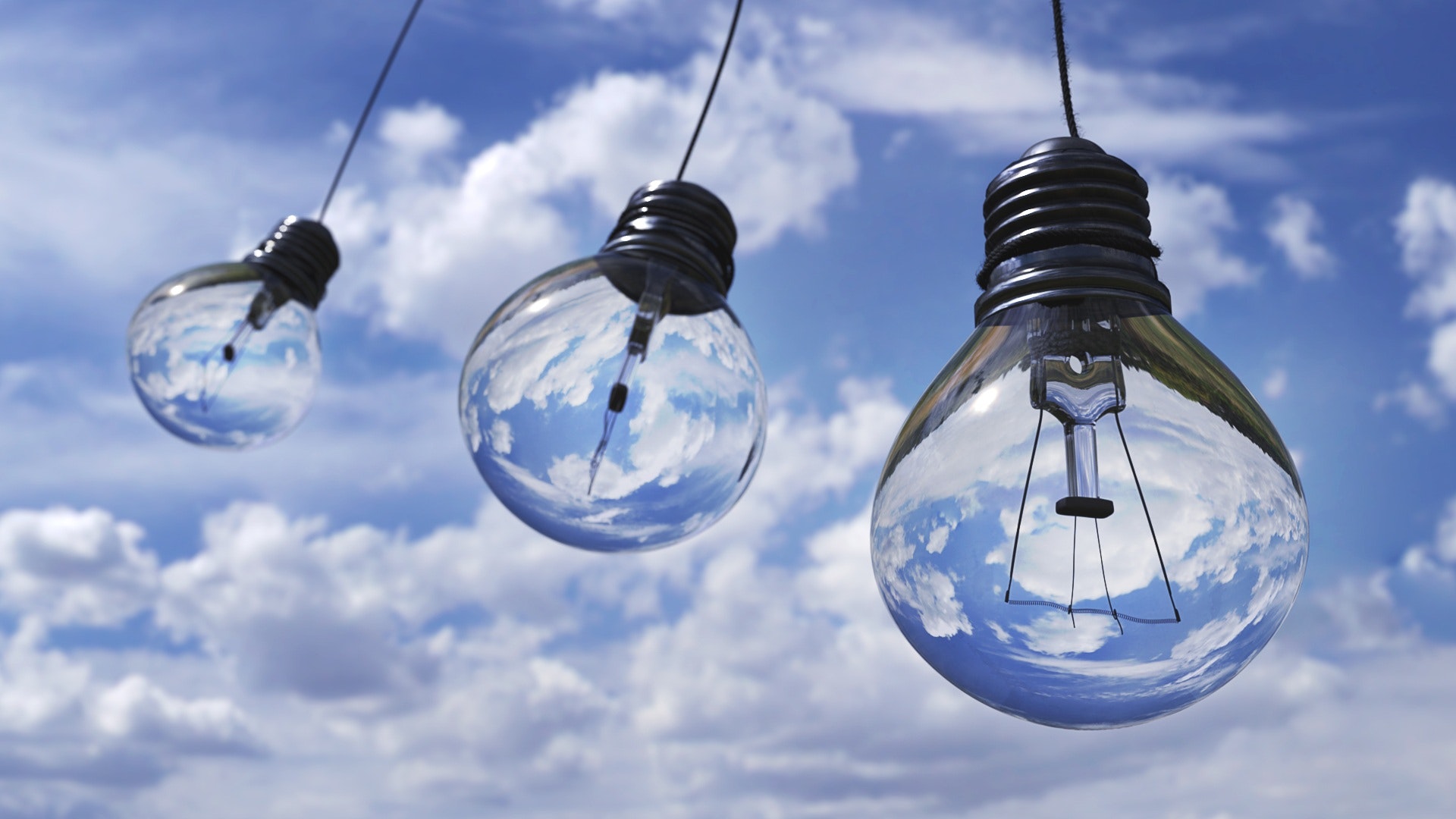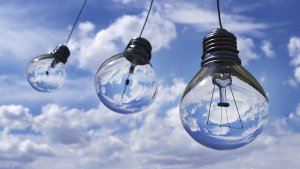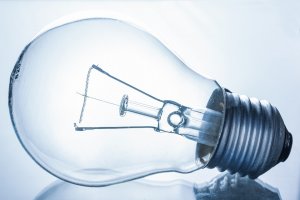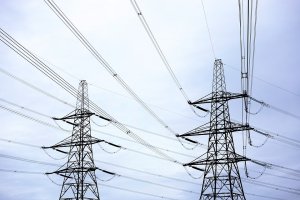
What Is E-efficiency (Energy Efficiency)?
Undoubtedly, as we become more aware of our energy usage and its impact on the environment, e-efficiency (also known as energy efficiency) has taken center stage in conversations. Have you ever wondered about the concept of e-efficiency and how it could contribute towards creating a more sustainable world?
The idea of e-efficiency is to get the same or better results while using less electricity. This goal can be reached by using appliances that use less energy, making buildings better insulated, and not wasting resources when they aren’t needed. Improving our proficiency with energy can present numerous opportunities for personal and societal gain. To begin with, the preservation of ample energy leads to cost reductions and less expenditure. This benefits not only households but also businesses that manage their finances effectively. Also, saving energy helps keep prices stable in the industry and puts off the need to build new power plants.
The importance comes from the fact that we can reduce the number of harmful gases in the atmosphere by making our energy use more efficient. This is very important for fighting climate change on a global scale and stopping its terrible effects from getting worse.
There are various techniques available to increase e-efficiency in our homes and commercial buildings. By enhancing the waterproofing and insulation of our structures, employing more capable machinery, and utilizing energy-efficient light bulbs while forming the habit of powering down lighting fixtures or disconnecting chargers/appliances when not in operation, we can minimize our inefficient consumption of energy.
The implementation of stringent regulations by the government can aid in incentivizing individuals to adopt a more sustainable lifestyle, rewarding those who exercise prudence, and penalizing those whose actions exhibit negligence towards environmental conservation. Businesses or people could get more money for making their operations and infrastructure more energy efficient. These incentives could be in the form of encouraging modifications, such as upgrades that allow more efficient use of power in a given facility.
To sum up, if we want to move toward a future that is better for the environment, we need to change the way we use energy. Assisting in the fight against climate change is just one aspect of our goal. We also aim to obtain savings for ourselves and keep energy costs low at the same time.
Share your thoughts:
- https://twitter.com/MtijanMKamara
- https://www.facebook.com/MtijanKamara
- https://mtijan.com




